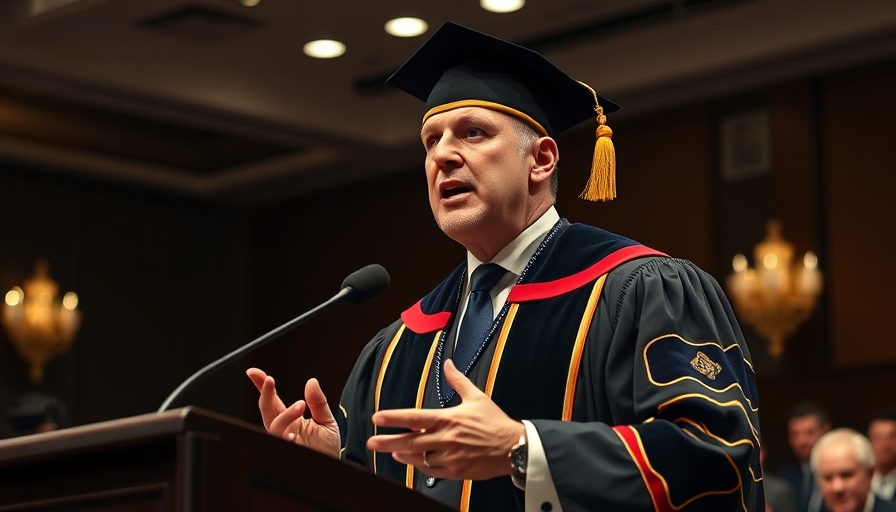
The Alarming Reality of Sight Loss in Nigeria
According to Professor Jesse Uneke, Vice Chancellor of David Umahi Federal University of Health Sciences, a staggering 24 million Nigerians are currently grappling with sight loss. This figure is not just a number; it represents a significant public health challenge, particularly for vulnerable populations and rural dwellers.
Understanding the Statistics: A Closer Look at Visual Impairment
In his recent address, Professor Uneke highlighted findings from Nigeria's National Blindness and Visual Impairment Survey, revealing that around 4.2% of Nigerians aged 40 and above are blind, while an estimated 4.25 million adults within this age bracket suffer from moderate to severe visual impairment. Alarmingly, 84% of cases are attributed to preventable causes. The leading culprits include cataracts and uncorrected refractive errors, indicating a dire need for regular eye checks and public awareness campaigns.
The Role of DUFUHS Eye Centre
The DUFUHS Eye Centre, since its inception in February, has made significant strides by offering free eye treatment to over 2,400 individuals. This initiative is designed to bring accessible eye care to those who may not otherwise afford it, particularly in rural communities.
Among those treated, there were 918 men, 1,302 women, and 192 children. Major cases managed included 1,352 instances of refractive errors, 627 cataracts, and 168 cases of glaucoma, demonstrating the pressing need for ongoing eye care services.
Preventing Blindness Through Education and Access
Professor Uneke emphasizes that blindness is disproportionately linked to factors such as age, gender, and education levels. Women are more likely to experience vision loss due to the intersection of these factors. The Centre aims not only to treat sight loss but also to educate the public on the importance of eye health, urging regular eye checks, which can be critical in catching conditions before they escalate into blindness.
Future Perspectives: Addressing the Burden of Visual Impairment
As Nigeria continues to grapple with the issue of sight loss, the importance of improved access to eye care becomes clear. The DUFUHS Eye Centre’s integration into the community aims to significantly reduce the burden of avoidable blindness. Their efforts, supported by research and a multidisciplinary team, envision a society where eye care is accessible and effective for all.
Conclusion: The Path Forward
The statistics surrounding sight loss in Nigeria present a serious call to action. Through initiatives like those at the DUFUHS Eye Centre, there is hope for change. By increasing awareness and facilitating access to eye care, the healthcare sector can take a substantial leap forward in combating preventable blindness, improving the quality of life for millions of Nigerians.
 Add Row
Add Row  Add
Add 




Write A Comment